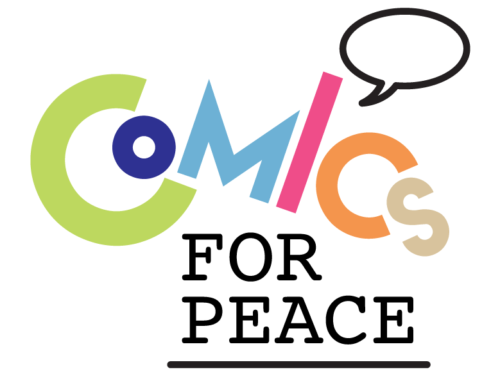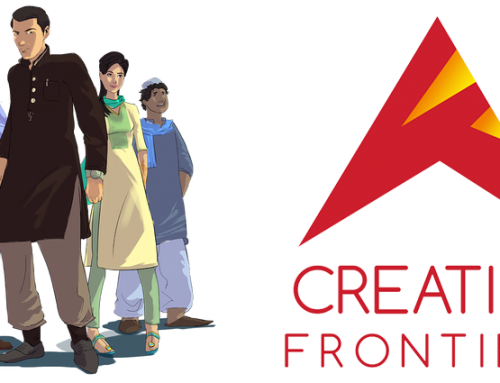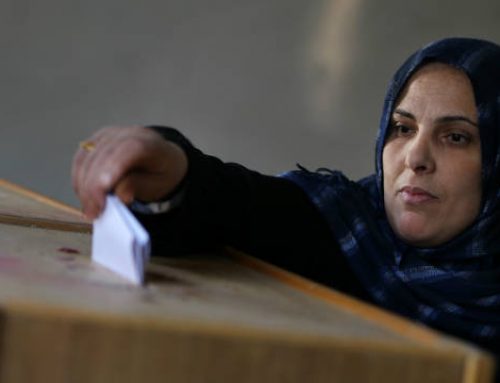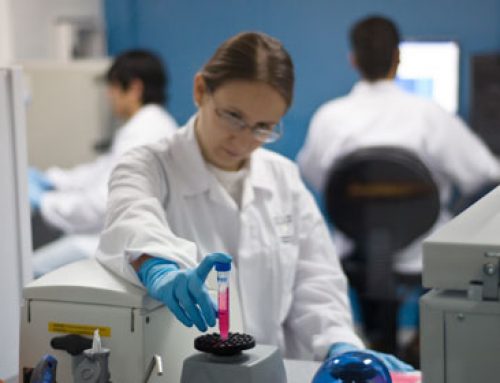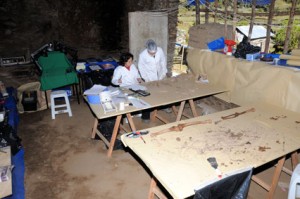 Statement of Work: The PFAP will take advantage of the Peruvian Forensic Anthropology Team’s (EPAF) recent organizational growth and expanded geographic focus to enable EPAF to further establish itself as the primary civil society entity with the capability to implement the Peruvian Government’s “missing persons” mandate while adhering to Rule of Law procedures to recover the remains of victims of forced disappearance and other human rights abuses that occurred during the 20-year internal armed conflict.
Statement of Work: The PFAP will take advantage of the Peruvian Forensic Anthropology Team’s (EPAF) recent organizational growth and expanded geographic focus to enable EPAF to further establish itself as the primary civil society entity with the capability to implement the Peruvian Government’s “missing persons” mandate while adhering to Rule of Law procedures to recover the remains of victims of forced disappearance and other human rights abuses that occurred during the 20-year internal armed conflict.
PFAP Objectives:
- Empower the families of the 100 victims of disappearances as the principal advocates to recover the remains of those Peruvians.
- Create a positive impact on long-neglected populations in the Pampas-Qaracha river basin through combination of restorative and retributive justice approaches.
PFAP Expected Results/Outcomes:
- Nationwide effort to promote the “right to know the truth” accomplished;
- Identification of the disappeared of Peru receives increased attention and awareness demonstrated in Peruvian media;
- Use of DNA technology to identify the remains of 100 victims; and
- EPAF develops no less than 3 cases of forced disappearance.
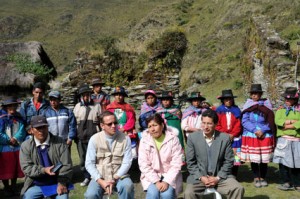 PFAP is Innovative: Addresses basic human rights issues in a long-neglected area of Peru. Establishes community relationships based on trust in the Pampas-Qaracha river basin that will serve as a platform to encourage other types of needed assistance to flow into the area.
PFAP is Innovative: Addresses basic human rights issues in a long-neglected area of Peru. Establishes community relationships based on trust in the Pampas-Qaracha river basin that will serve as a platform to encourage other types of needed assistance to flow into the area.
PFAP is Sustainable: EPAF works towards great independence by developing fund raising strategies and using the compassionate content of the program to appeal to a local and international audience.
PFAP has demonstrated impact: EPAF continues to advocate for equal treatment of human rights cases, regardless of who the perpetrators of the crime were. Civil society has a key role to play in the reconciliation process and obstacles, such as investigating and acting on cases of forced disappearances, highlight the lack of transparency and openness on the part of the government to openly and effectively confront their past and promote the healing process in the more remote parts of the country.

